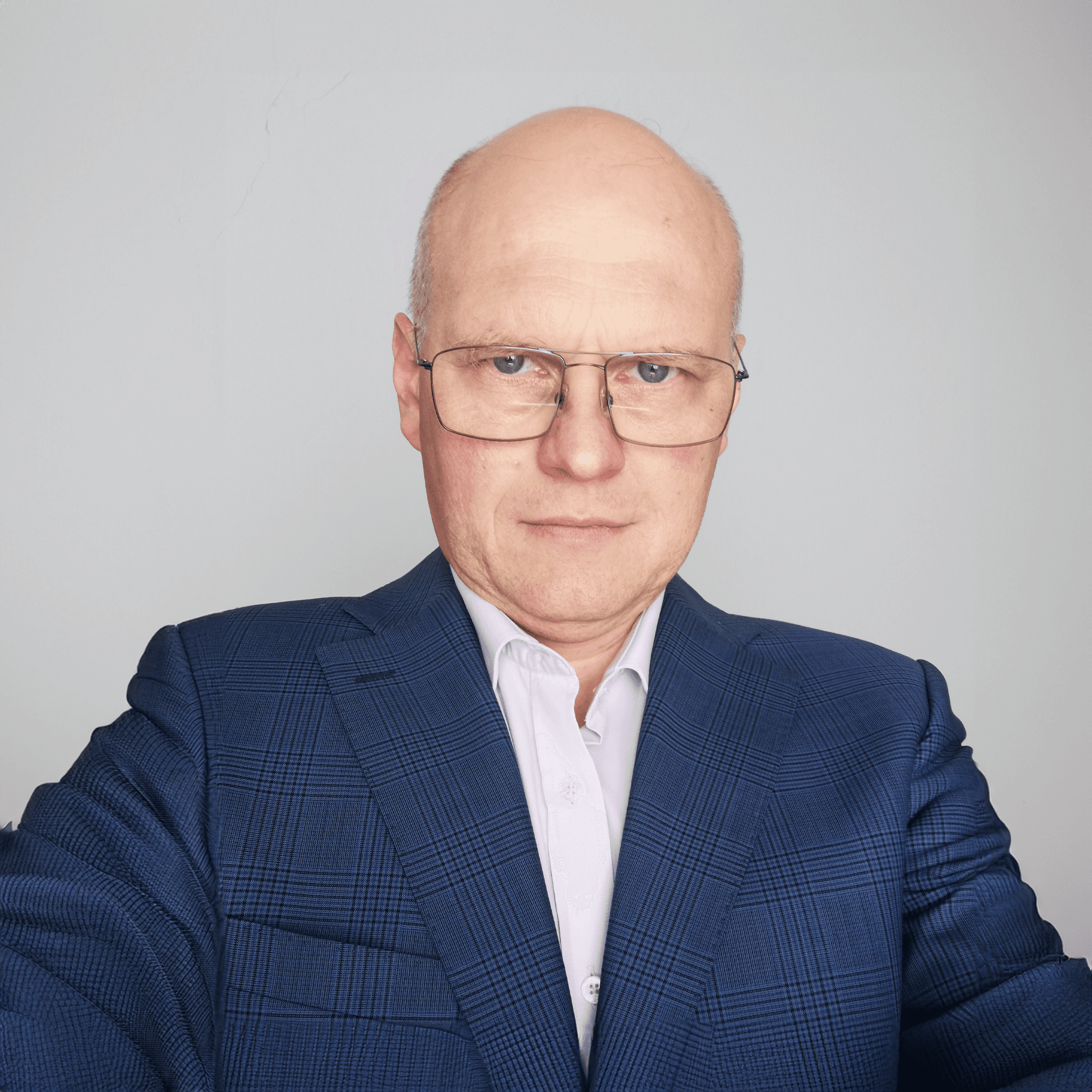It is shameful, inconvenient and simply immoral for a person with a specific name and surname to demand a part of their income or property from a prosperous, successful neighbor with a specific name and surname. A cultural code and ethical standards do not allow impunity to use someone else's house, car or swimming pool. Norms of decency and upbringing, a code of honor or religious commandments are unambiguous: "Do not kill! Do not steal! Do not wish for someone else's!" This is the foundation of Western civilization.
Private property distinguishes Western civilization from barbarism.
Barbarism is not about skins instead of clothes, carts instead of cars, the supremacy of brute force instead of the rule of law. The line between barbarism and civilization clearly lies along the lines of "personal, political, and economic freedom." It exists only under the condition of private ownership. Those countries and civilizations that ignored this axiom declined, became the dust of history, sometimes with a mention in the annals. Those countries that created political and legal institutions on the basis of liberty became strong, rich and prosperous.
Barbarism can be manifested not only through brute force, but also through the suppression of Liberty according to the law. Especially if this Law falls into the hands of theoreticians and practitioners of the State of General Interventionism, which they call the PR term "state of general welfare".
Collectivists of various types and stripes, from Marx and Keynes, ending with totalitarian, Nazi rulers, promised people freedom, equality and fraternity: to subjugate exploiters, take excess from aristocrats, remove business bloodsuckers from the body of the proletariat, promote mechanized peasants and protect people from dictators . Moreover, they said that they would create a new human and an unusual world culture - the one of mutual respect, solidarity and partnership.
Those countries in which people, due to their ignorance and mysticism, believed in these communist, socialist fairy tales about a good president, a just communist party, an honest official and an impartial judge, suffered the most. More than 100 million people became victims of various manifestations of communism.
The welfare state model turned out to be trickier. The theorists and stakeholders presented it as a third way, the best of capitalism and socialism. They promised: there will be advantages of private ownership, but we will limit business greed. There will be market automation, but we will nationalize certain sectors of the economy. The "profit - loss" mechanism will work, but we will remove someone from its influence. There will be an institution of free market prices, but not all goods and services. We will set limits for someone, minimums for someone. To be fair, for balance; and for optimally balanced, sustainable development, we will provide benefits, subsidies and subsidies. The selected ones will be free, the rest will have two counters. Nomenclature favorites will have their debts written off, the rest will receive fines and prison terms. The chosen ones will be included in government programs and orders, and the rest will have to look for investors, creditors, customers and partners on their own.
So, step by step, sector by sector, the formation of regulatory barbarism took place. The general welfare state has turned into an Oligarchy/Schematosis model.
The electorate, fed by theorists and priests of Leviathan, wanted more free and cheap, more stability and predictability, more bread and bright shows - at the expense of the State. Not everyone understood that the State did not have its own money. Freebies for some are taxes, confiscation for others. Not everyone still understands that 3% of disposers and consumers of other people’s property live at the expense of 97% of others, manipulating animal desires, envy and ignorance, having in their hands a mandate for such a legalized robbery. In such a model, everything is impersonal and hidden. Nameless people pay some taxes, which are not perceived by the majority as confiscation: "give to the common good, because you will go to prison."
The state model of total interventionism creates motivation to dive into preferential, free flows of resources and assets. It dramatically increases the economic power of disposers of other people’s property
It is one thing when the amount of government expenditures is 10–15% of GDP, another thing is when it is 45–50%. It is one thing when there is only private property around, another thing when more than half of the country's capital is in state and communal property. It is one thing to be free to enter and exit the market. It is another thing when every sneeze, move, step, action, decision must be coordinated with the Official. It is them who define the parameters of competition, give meaning to such adjectives as "expedient", "fair", "profitable", "normal", "promising", "high/low risk", "socially oriented", "extremely permissible", etc.
It is the Official, who decides which goods are to be cleared at the rate of 0-5% and which are 30-50%, which goods are subject to VAT at the rate of 0-5% and which are 20%, which income is to be exempted from taxes, and from whom to take 50%, to whom to pay a pension of $140 per month, and to someone ten times more, to give someone a soft loan at 5%, and to someone at 25%
In the model of the State of general interventionism, the Official acquired enormous power. It is only in fairy tales and bloody communist textbooks that "from each person according to their abilities, to each person according to their needs" sounds beautiful and fair. In real life we get a legalized robbery and inevitable corruption. It is a direct consequence, an objectively existing part of this model.
For a while, people who have faced corruption think that it is the excess of the executor. It is necessary to change the official, controller, prosecutor, law enforcement officer or judge. They change once, twice, three times, again and again, and corruption is increasing. Then supporters of this model create special bodies (prosecutor's office, anti-corruption agency, special court, etc.). It does not help. Then the President, the Prime minister, the composition of the Government, Parliament or local authorities are changed. Everyone promises a merciless fight against corruption. There are high-profile resignations, much less often - imprisonment for corruption.
This whole "anti-corruption movement" has been going on for years and decades. People's frustrations are piling up. Trust in the State is declining, but the culture of consumerism has penetrated so deeply that people continue to want more government goods and services on the one hand, and less corruption on the other. Here you have to make a choice of one of the options. You cannot sit on the two chairs simultaneously.
Theoreticians and priests of the State of general interventionism, not wanting to part with commanding heights in the economy, invent various ways to deceive people. Sometimes they frighten us by global climate changes, sometimes by negative universal externalities, sometimes by epidemics, sometimes by inequality, sometimes by technological blackmail. They have announced the arrival of the post-truth era, when a fact can be a fake at the same time, an achievement can be a failure at the same time, when a woman can be a man at the same time, freedom can be slavery, and the aggressor can be a victim.
People are completely confused. It seems that there is Liberty, but it is somehow clogged or with a smell. Hence there comes the crisis of confidence associated with the debt trap, inflation, cost of living crisis, stagnation of labor productivity, and a very vulnerable state of financial markets. All this takes place in the context of hot currency, trade, technological, information wars.
The crisis of confidence in the State affects the perception of its activities.
People do not trust, therefore, suspect. Problems and suspicions are pressing from all sides. More and more are inclined to perceive the State as a set of corrupt institutions. People associate their dissatisfaction with deception and fraud by a syndicate of VIP-disposers and consumers of other people's property. Voters are trying to protest by choosing political alternatives to cleanse their country of corruption and lies.
It is not easy to do this, because long ago the mainstream political parties formed a consensus on the State model of general interventionism. They compete with each other not using ideas, but memes, pitches, speeches and personalities. As a result, people still cannot understand that corruption is a direct consequence of the activity of the State, its very dangerous and expensive failure.
The theorists and ideologues of the general interventionist State model present corruption as a defect in certain management mechanisms and institutions, as executive excess, greed and business immorality.
They convince the voter: if business did not give bribes, did not make kickbacks, then there would be an order of magnitude less corruption. With such manipulations, they distract people from realizing that corruption is an objective, inevitable part of the Leviathan model. Corruption is a direct consequence of the realization of the utopia of general equality, justice, and sustainable development through the State.
But people believe in this utopia and receive destructive corruption that degrades people's dignity and freedom.
This is obvious in both developing and transition countries, it is a fact of public perception even in developed countries.
We find confirmation in a recent survey of the EU-27 countries, the results of which were published in the special barometer No. 548 "Citizens' attitude towards corruption in the EU in 2024". It gives us not only rich food for thought, but also valuable information for formulating the strategy of the country's development, determining the parameters of the State.
Usually in Ukraine, it is customary to consider the European Union as a space free from corruption, mainly. But what do the residents of EU countries think about this?
More than ⅔ believe that corruption is very widespread in their countries - this is a real disaster of public trust in state institutions. 90% of them are in Spain, 88% in Hungary, 98% in Greece! And these people teach Ukraine how to fight corruption.
41% of respondents believe that the situation with corruption has worsened over the past three years, more than 70% of such cases were found in individual EU countries. This is related to the question of how the countries of the European Union coped with the sharp increase in public expenditures during COVID and the subsequent recovery.
Many people think that the solution to the problem of corruption lies in a formal decentralization. However, residents of EU countries equally consider both local and national authorities to be corrupt. 63% of respondents believe that favoritism and corruption are an obstacle to the development of competition.
The European Leviathan has grown in ties with big business, have come into contact with a narrow circle of local oligarchy, which are privileged participants in state programs.
As a result, the majority of EU residents believe that in their country there are too close connections between business and politics, and corruption is recognized as part of their business culture.
It is the partners of VIP-disposers of other people's property who spoil the reputation of entrepreneurship in general, because ordinary people think that business people are precisely those who work side by side with high-ranking officials.
When more than half of the citizens believe that the only way to succeed in business in their country is to have political connections, there is no doubt that there is a direct zombification by educational, training, and informational institutions regarding the essence of entrepreneurship while simultaneously silencing the theory and practice of State failures.
There is a big difference between the perception of corruption and its real cases in most EU countries. In general, the last 12 months in the EU-27 witnessed corruption, only 5% of the population have suffered from it. Even in Greece, where 98% of the population believes corruption is widespread, only 12% have personally encountered it. At the same time, 63% of Greeks believe that corruption affects them personally in everyday life.
The European Union is not a universal, homogeneous legal and institutional space in which everything is the same, clear, qualitative, legal and fair. Absolutely not. One thing is the Scandinavian countries, the Netherlands and Germany. In these countries, mostly high-quality institutions for the protection of property rights and anti-corruption are still preserved. A large group of countries is in the gray zone, when corruption is already strong, obvious, but it has not yet affected everyone: France, Italy, Spain, Malta, Poland, the Czech Republic, etc. Corruption is very widespread in Greece, Bulgaria, Hungary and Cyprus. Ukraine, on the other hand, is worse than the latter in terms of the quality of legal institutions, the system of state administration, and the protection of property rights.
Therefore, if the functionality, the size of the State, and the amount of resources under its control remain unchanged, even after joining the EU, Ukraine will be an excessively corrupt country dominated by oligarchy and schematosis.
The only difference from the pre-war years is that part of this schematosis will follow the European programs of modernization, restoration and sustainable development.
As economic science and history convinces, such a sustainable future awaits only 3% of the population of Ukraine, the lion's share of which will be represented by VIP-disposers and consumers of other people’s property.











